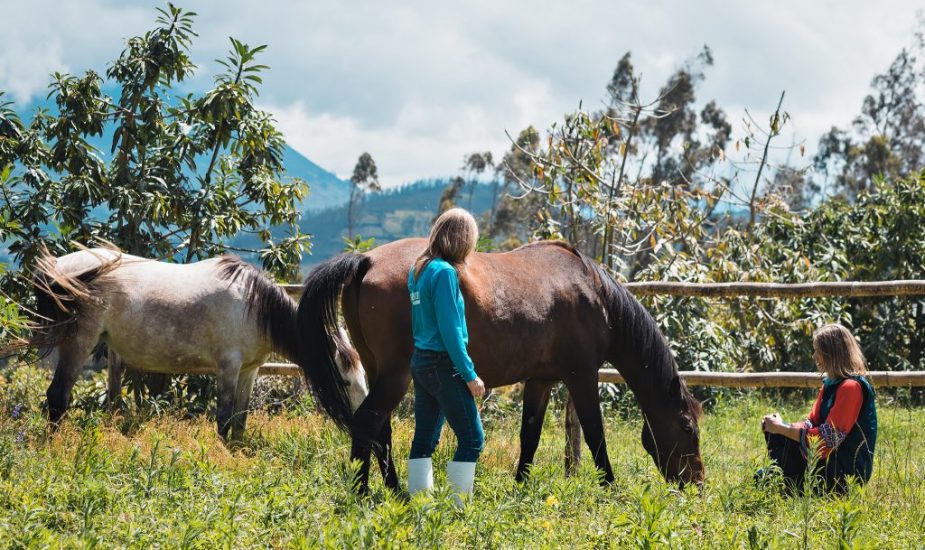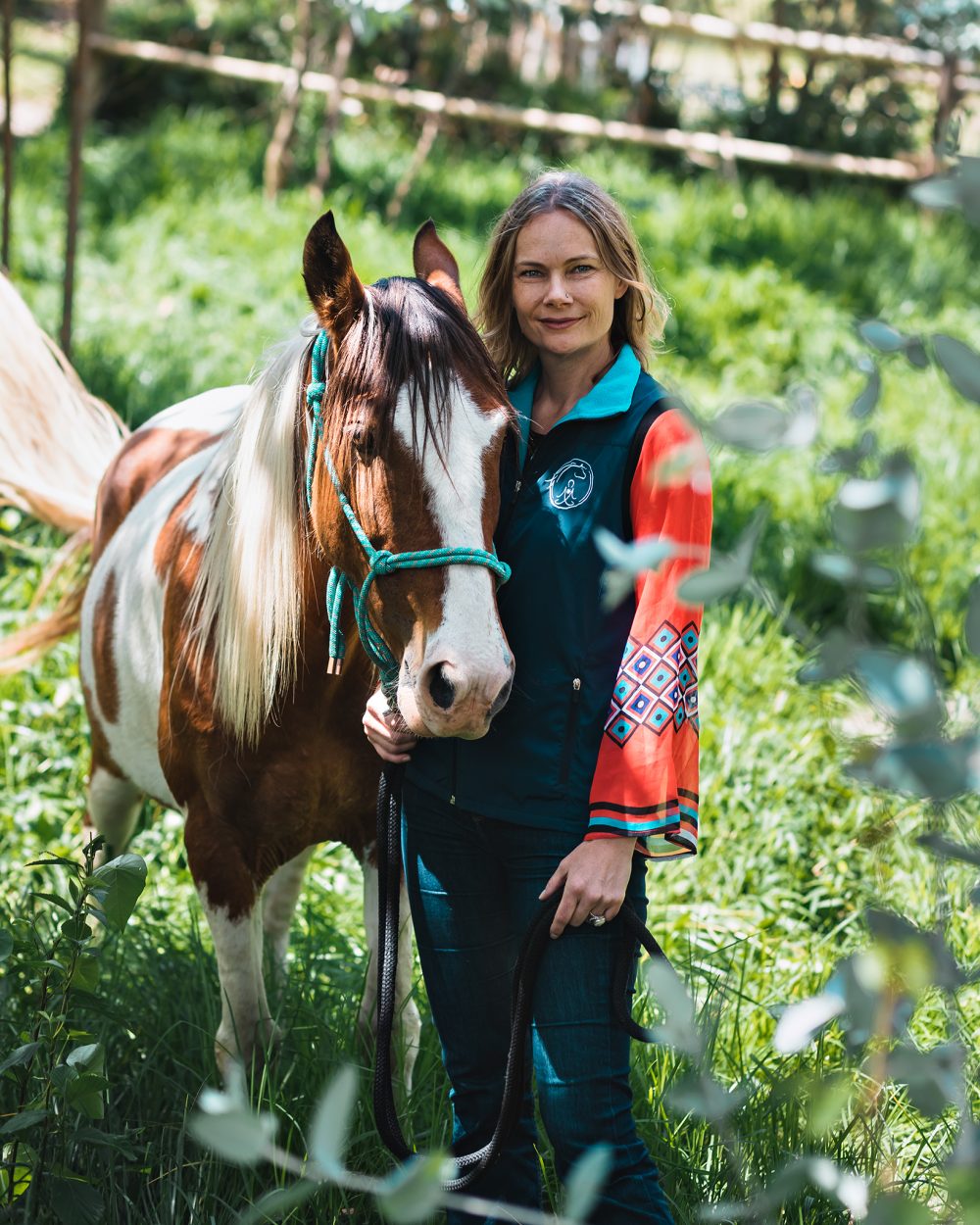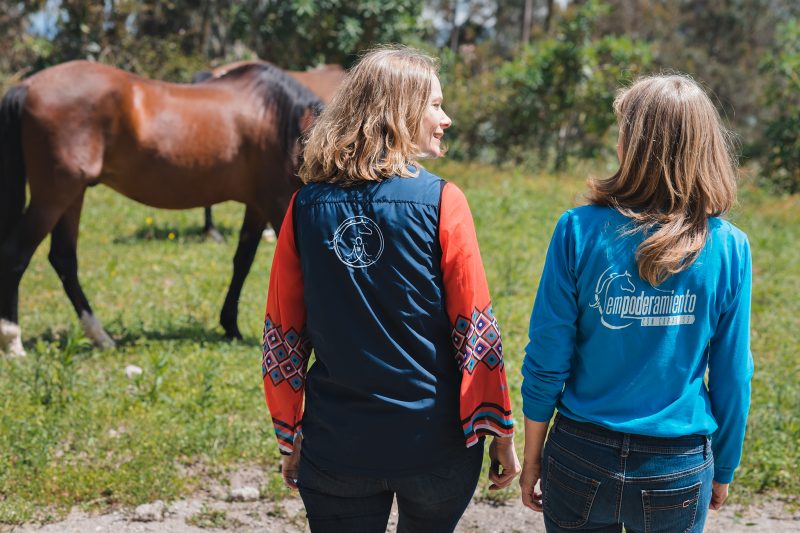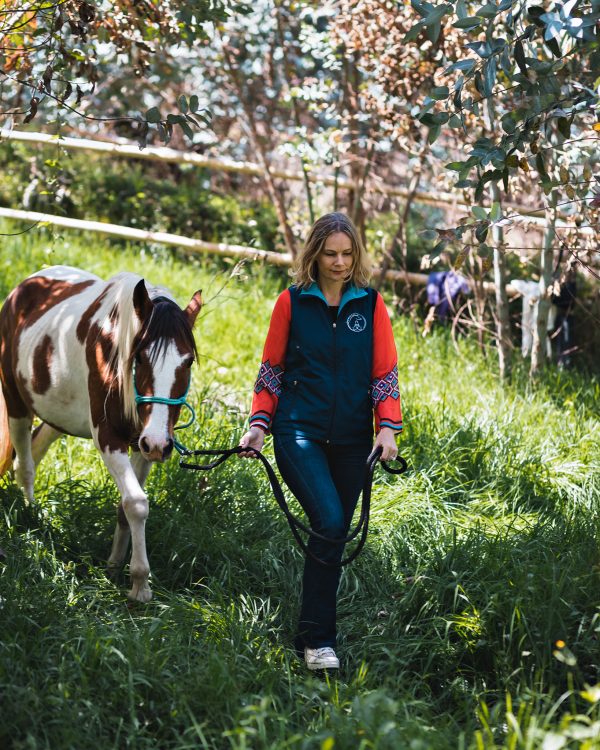“Challenging the Past: How Post-Traumatic Growth Illuminates Our Future”

As adult children from dysfunctional homes, one of the biggest questions most of us struggle with as we move into adulthood is, what now? I always thought I would never be able to maintain a fulfilling, healthy family life. I went as far as to think I shouldn’t have kids because I felt so flawed in my relationship skills. We often perceive that our fractured childhood has left us in such a state as being unable to take on the challenges with which life will undoubtedly present us. How can we be expected to manage this world if we were never given the tools?
Today, after years of learning, growth, introspection, and working with many other trauma survivors, I feel that I am succesfull in my family and work life BECAUSE my past has taught me ahost of valuable skills. I had been thinking about this for a while, when the author of “How to do the Work” and founder of the Self Healers Community, Dr. Nicole LePera confirmed it:
What is Post Traumatic Growth?
Dr. Nicole calls it “Post Traumatic Growth” and says it describes the positive changes a person can experience after trauma. I loved the concept so much that I shared it with my team right away. One member read it and told me she couldn’t stop thinking about how much it resonated with her. She was cooking with half of her mind focused on her task, and the other turning over and over what she had just read. She realized she was using her enhanced creativity in that exact moment, and continued to recognize herself in the behaviors presented. I felt that if it could help those working with me, it would be well worth sharing with all of you as well!
Here are some examples of positive skills that you, just like me, may have developed through traumas experienced in childhood:

Positive Skills we can acquire when healing a traumatic experience
-
- Empathy: Do you find yourself in situations where you can easily relate to another person’s feelings? Can you understand what people are thinking or feeling just by observing a situation? You may have developed an increase in empathy through your childhood that allows you to more easily identify emotions in others. This is a skill that is baffling to many people, yet can come easily to you, and serve you in many situations that arise in day to day life.
- Resilience: Growing up in a traumatic environment, you had to be able to quickly adapt to dangerous situations to survive. Adaptivity is key in adulthood as you find yourself dealing with adversity. You instinctively know how and what you need to do to keep yourself safe in any given situation.
- Creativity: What better way to channel your emotions or pain than to use your imagination to create something new and beautiful? You have more than likely been using your imagination to escape difficult situations since you were a child. Your creativity has been exercised into a strong, dependable muscle. As an adult, pick up that paintbrush, knitting needle, or strap on that chef’s apron, and let your creativity flow.
- Humor: The ability to laugh, or make others laugh, is a wonderful coping mechanism. Finding the lighter side of a dark situation is more than just fun, it allows us to disarm negative emotions in ourselves and others, and walk away from that situation with a smile.
- Wisdom: Nothing can teach us wisdom like experience. Having been subject to many different and complicated experiences in our youth, we have been taught invaluable lessons. As an adult, you can more easily reflect on a situation, find understanding in it, and use it as a jumping-off point as a place to learn and grow.
- Self-Awareness: One of the first tenets in Buddhism is: Life is suffering. Our childhood traumatic experiences have created suffering for us at an early age. From that suffering, we are able to find growth. We are able to find a deeper level of self-awareness through this suffering that allows us to see ourselves and situations more clearly.

Sounds good, but what if ... I don´t feel that way yet?
A very important thing to remember is that you are not alone! Just look at the experience I had with one team member. She was able to read and recognize herself in these qualities, and this allowed her to be vulnerable and open with me about her own experiences. We were able to share honestly with one another in a relaxed, informed way. Don’t be afraid to connect with others in the same way! You may be surprised just how much you can share with someone else. We are all human and need to nurture our connections with one another, now more than ever.
Post Traumatic Growth is real. All of the trauma and suffering we have experienced in our formative years, has brought us to this exact moment in our lives. Instead of attempting to suppress our emotions, or settling into a belief that we are flawed, we can use these experiences to grow.
Have you ever heard about the concept of “Pronoia”? if not, Google it! I LOVE it and live by it. It is the belief that universal energy conspires to do one good. That the universe has our back. We may be tempted to believe that all of this pain was for nothing, that it only made us fragile and unable to find a healthy way to cope with the world around us. This, however, is not the case. Everything we go through can be turned into a wellspring of growth, and instills lessons in us that will benefit us numerous times.
As Dr. Nicole tells us on her Instagram account @the.holistic.psychologist, “as adult children of dysfunctional homes we can be resilient, creative, funny, resourceful and adaptive.” When we feel low, or even crippled, by our lack of a nurturing upbringing, it is important to remember one thing:
“Even in pain, we are given gifts to cope.”
With care, Christina

